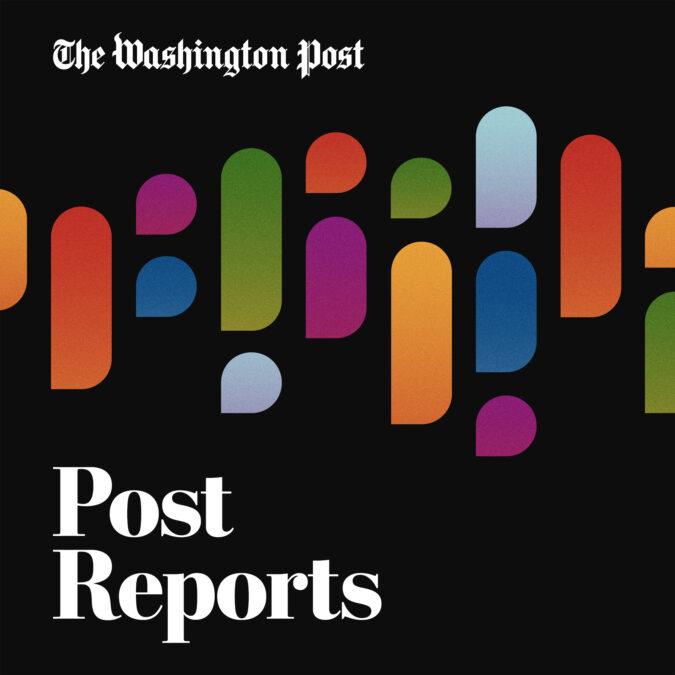An especially risky kind of virus hunting aims to identify new viruses in animals that have yet to jump to humans. Imagine trips to distant caves and wrangling bats to pull blood and DNA samples. The hope is to use that knowledge to be a step ahead and develop therapeutics and surveillance that could help prevent a future outbreak or, worse yet, a deadly pandemic from erupting.
But a year-long Post investigation by David Willman and Joby Warrick has found that such research may be putting the world at greater risk for the very thing it’s trying to contain, as a result of potential leaks and accidents in the wild and in the labs. The Post discovered that the world lacks oversight for such high-risk research, yet a main driver of its expansion in recent
years has been the United States. Experts within the administration have been raising red flags.
The covid-19 pandemic, Willman and Warrick continue, is forcing difficult and uncomfortable conversations around doing such research and how to responsibly prepare for and prevent the next big pathogen threat to humans.
“There are thoughtful, well-informed scientific experts who are saying, ‘look, it’s time for a reckoning. We have observable lessons from the pandemic. We need to apply those,’” Willman tells Post Reports.
Read more:
How controls on ‘gain of function’ experiments with supercharged pathogens have been undercut despite concerns about lab leaks.
NIH biosecurity advisers urge tighter oversight of pathogen research
Lab-leak fears are putting virologists under scrutiny
What we know about the origin of covid-19 and what remains a mystery.
Don’t miss a chance to experience Post Reports live! Post Reports senior host Martine Powers will be in conversation with author Curtis Sittenfeld at Sixth & I in Washington, D.C., at 7 p.m. on April 13. Get tickets here.









